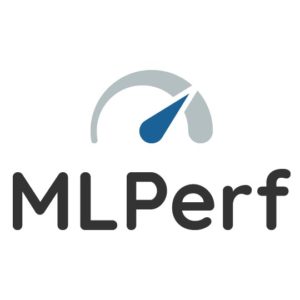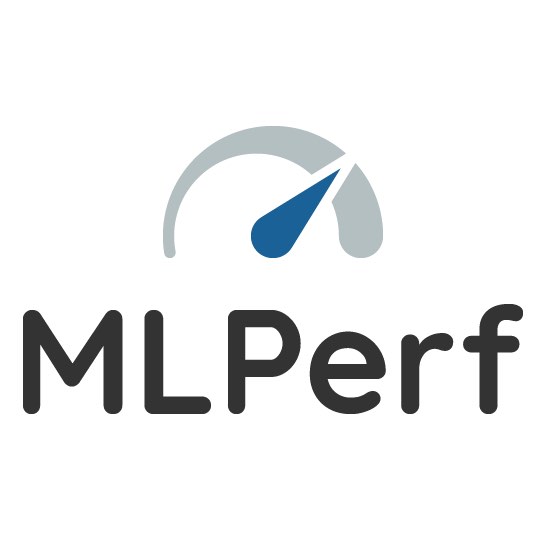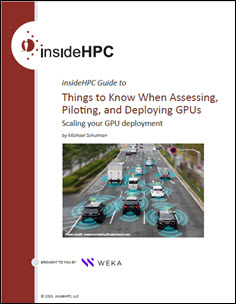 Today the MLPerf consortium released over 500 inference benchmark results from 14 organizations. These benchmarks measure how quickly a trained neural network can process new data for a wide range of applications (autonomous driving, natural language processing, and many more) on a variety of form factors (IoT devices, smartphones, PCs, servers and a variety of cloud solutions).
Today the MLPerf consortium released over 500 inference benchmark results from 14 organizations. These benchmarks measure how quickly a trained neural network can process new data for a wide range of applications (autonomous driving, natural language processing, and many more) on a variety of form factors (IoT devices, smartphones, PCs, servers and a variety of cloud solutions).
Having independent benchmarks help customers understand and evaluate hardware products in a comparable light. MLPerf is helping drive transparency and oversight into machine learning performance that will enable vendors to mature and build out the AI ecosystem. Intel is excited to be part of the MLPerf effort to realize the vision of AI Everywhere,” stated Dr Naveen Rao, Corp VP Intel, GM AI Products.
Of the over 500 benchmark results released today, 182 are in the Closed Division intended for direct comparison of systems. The results span 44 different systems. The benchmarks show a 5-order-of-magnitude difference in performance and a 3-order-of-magnitude range in estimated power consumption and range from embedded devices and smartphones to large-scale data center systems. The remaining 429 open results are in the Open Division and show a more diverse range of models, including low precision implementations and alternative models.
Companies in China, Israel, Korea, the United Kingdom, and the United States submitted benchmark results. These companies include: Alibaba, Centaur Technology, Dell EMC, dividiti, FuriosaAI, Google, Habana Labs, Hailo, Inspur, Intel, NVIDIA, Polytechnic University of Milan, Qualcomm, and Tencent.
Companies are embracing these benchmark tests to provide their customers with an objective way to measure and compare the performance of their machine learning solutions,” stated Carole-Jean Wu, Inference Working Group Co-chair from Facebook. “There are many cost- performance tradeoffs involved in inference applications. These results will be invaluable for companies evaluating different solutions.”
Future versions of MLPerf will include additional benchmarks such as speech-to-text and recommendation, and additional metrics such as power consumption. MLPerf is also developing a smartphone app that runs inference benchmarks for use with future versions. “We are actively soliciting help from all our members and the broader community to make MLPerf better,” stated Vijay Janapa Reddi, Associate Professor, Harvard University, and MLPerf Inference Working Group Co-chair.




